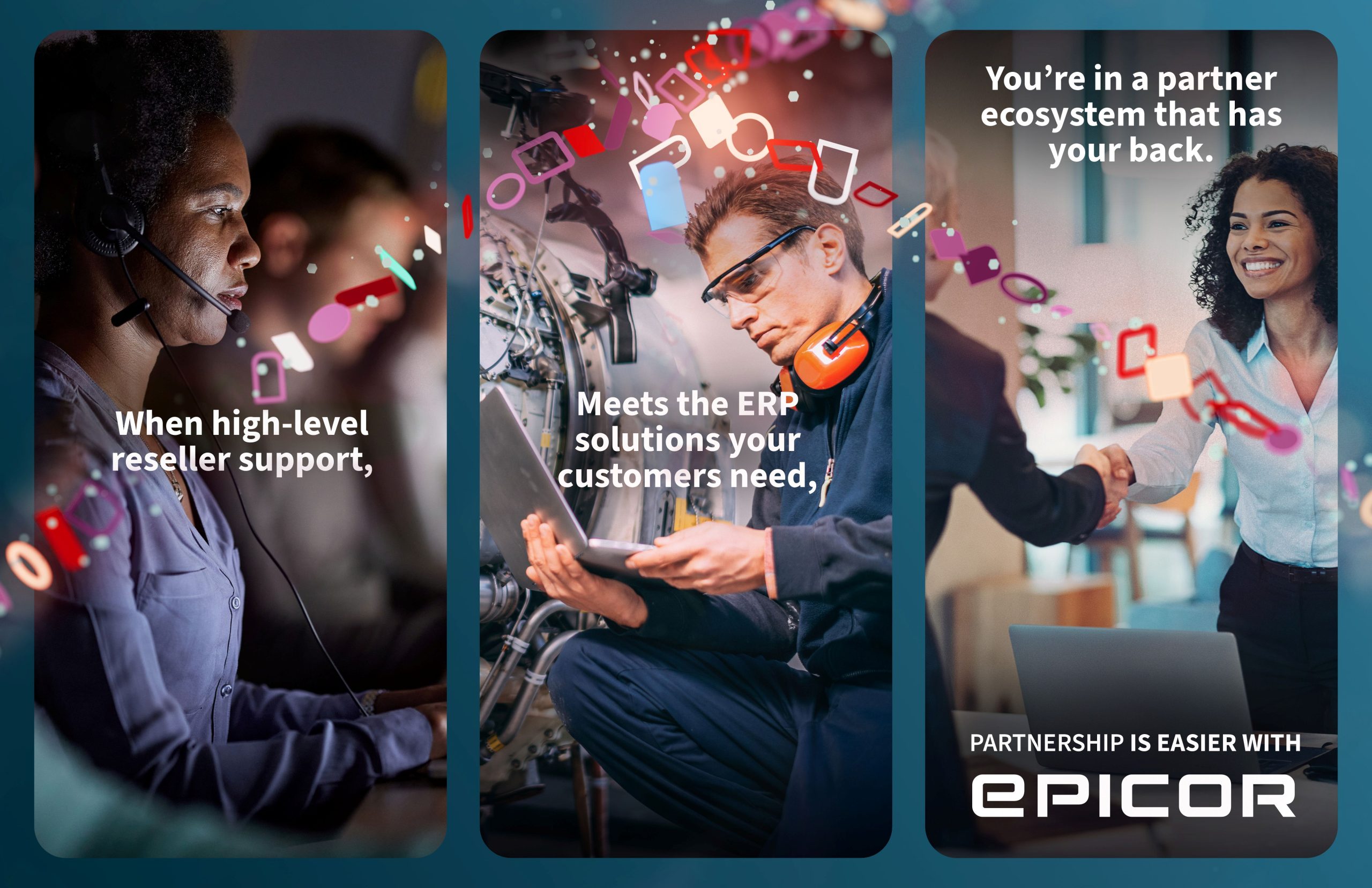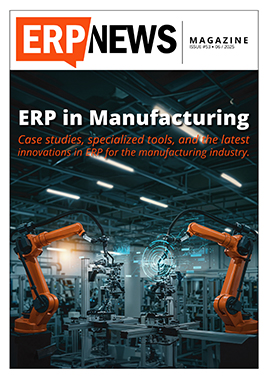It’s become fashionable recently for enterprise software vendors to claim that the current chaos and disruption permeating the business world due to the COVID-19 pandemic, changing customer preferences and a whole host of natural disasters proves that businesses and the software that runs them need to be agile. Change is relentless, these vendors say. You have to be able to adapt! The vast, rigid, one-size-fits-all and crazy expensive to customize ERP solutions that have done the job for years are antiquated. Industry 4.0, Artificial Intelligence, and ground-breaking technological advancements like machine learning, robotic process automation, digital twins, data lakes, need to be leveraged right now! Companies that can’t adapt will go out of business.

Because it’s the first of April, and truth is kind, let me tell you the reality. The big, monolithic ERP that you’ve used to run your business since it was in your garage is just fine. It took nine years and four million dollars to implement because it’s got a lot of stuff that can help your business succeed. ERP vendors selling Adaptive, cloud-based ERP say that’s not true. They say that the pace of change is increasing. That the COVID-19 pandemic proves that you have to be ready for anything. They throw around words like agile and speed like they’re talking about wide receivers instead of software. In the context of industry, manufacturing and business, what do these words even mean? A point guard needs to be agile and quick. But how does the ability to blow by a defender apply to a company that manufactures steering wheels? The answer is, it doesn’t. Plus, If you’ve invested five years and three million to implement something you gotta stay with it. Loyalty is important. Your business is your business.
But what about if you do need to change something? Adaptive ERP vendors tout the extensibility of their solutions. They say the people that use their software can personalize it, extend its functionality or even write new apps without having to hire a developer. This is supposed to let manufacturers keep their business processes aligned with their business strategy as it changes due to market forces, etc. People’s jobs change, right? Users need the ability to easily change their tools. Hogwash. Most people I know are doing the same thing and doing it in the same way they were doing it 20 years ago, not implementing every little thing they read about in Computerworld. Who needs to add tables, query boxes or additional search terms to a process they’ve used since 2011? Nobody. If it was best practice in 2000, it’s best practice today, right?
And if you do need to change something, just add a customization or two. Hire a developer, tell them what you need and a few months later, they’ll give it to you. Sure, it’s expensive, but so is a first-class airplane ticket and people buy those, don’t they? ERP vendors are trying to convince manufacturers that the cloud, enterprise platforms and adaptive software have made customizations and the developers that write them obsolete. No more writing code, no more version lock, just access to easy updates, new capabilities on demand, and well, you can see that this is crazy talk. Remember, you get what you pay for. Professional developers write professional code. Mitch from accounting and Dolores in the warehouse don’t.
And speaking of the cloud, everybody and their mother is telling manufacturers they need to be in one, or at least host their ERP in one. They say the cloud gets you increased uptime, better security, easier, module upgrades and increased time for your IT staff to do more strategic stuff. Again I say, like what, check Facebook? A rule of business I follow is keep your feet and your enterprise software on the ground. Preferably, in a colossal server run by an old-timer named Jimmy who is the only guy in the organization who understands how the heck it works. He can’t be more than 60. There’s more than enough time to train somebody else before he pulls the plug.
Anyway, that’s the word. Keep the ERP you’ve been using for years no matter how ill-suited it is for your current business. Don’t buy into the hype about agility, adaptability and other “itys” that don’t apply to your business. Stay the course, keep customizing and trust those best practices from 2008. Adaptability is for finches, not manufacturers. Don’t believe anybody who tells you differently.
And if you believe this, I have a bridge to sell you in Brooklyn. Happy April Fool’s Day!







